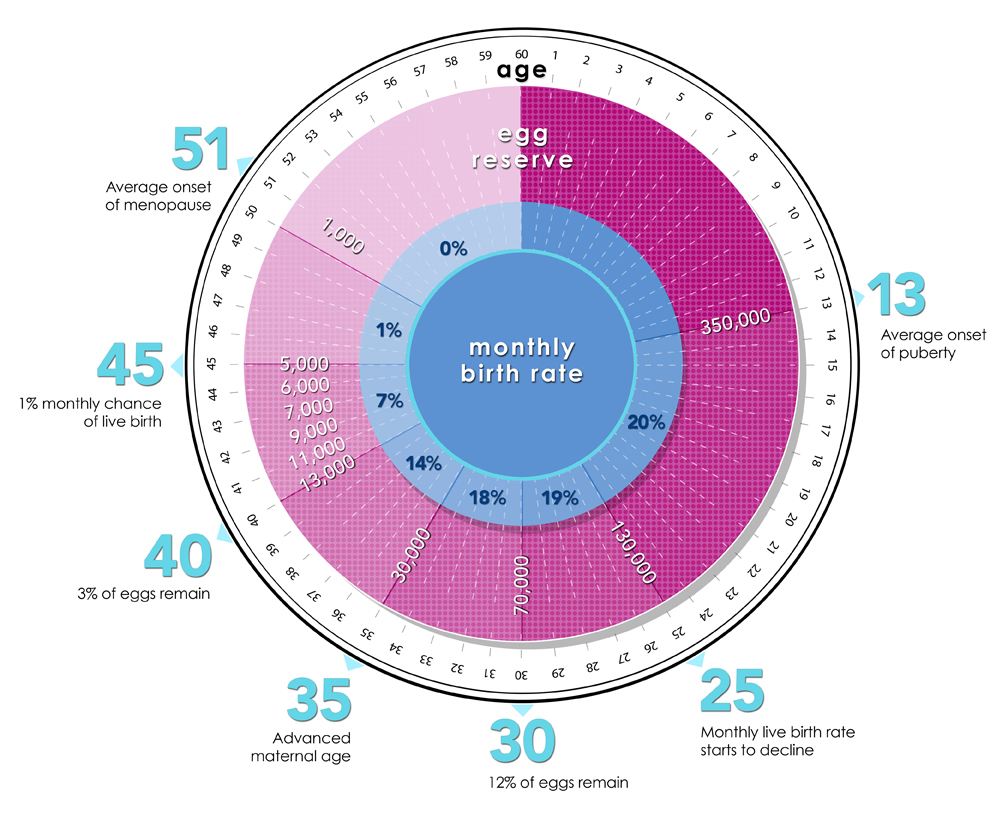Substantial changes in the diameter and thickness of a section of carotid artery in perimenopausal women may indicate a higher risk of developing cardiovascular disease, the leading cause of death in women, according to a new study by researchers at the University of Pittsburgh Graduate School of Public Health.
Epidemiologists studied 249 women aged 42 to 52 from the Pittsburgh site of the Study of Women’s Health Across the Nation (SWAN) observational study. Each participant was given up to five ultrasound scans during transitional phases of menopause to measure the thickness and diameter of a section of the carotid artery. Researchers noted significant increases in the average thickness (0.017 mm per year) and diameter (0.024 mm per year) of the carotid artery during the late perimenopausal stage, the period of time when menstruation ceases for more than three consecutive months. These increases were significantly higher than those found in the premenopausal stage. Read full article.
